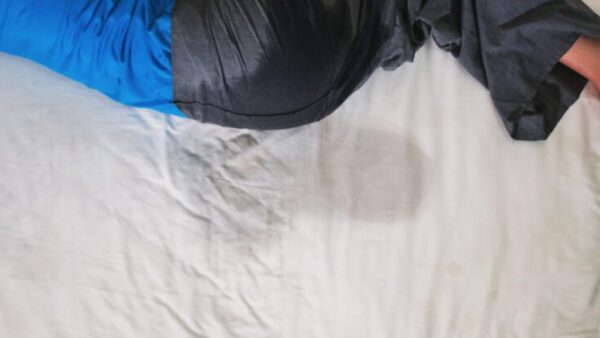Lifestyle
How to help your child overcome bedwetting

Bedwetting is a common problem identified in toddlers and small kids and no matter how much they try, it is something out of their control.
However, as children start to grow and mature, they’re more conscious of the condition and gradually stop. But persistent bedwetting can be a serious cause for concern for parents.
How common is bedwetting in children?
Bedwetting in infants and toddlers is extremely common. According to a study, 40 percent of 3-year-olds wet the bed. However, this has confused many experts and has led them to question as to why some children choose to wet the bed while others refrain from it. They believe it is due to the undeveloped bladder of the child, which is unable to store the urine for a long period of time. That said, bedwetting is a common phenomena among children, who are still in their developmental stages.
Causes of bedwetting in children
Many things can lead to bedwetting in children.
Some kids take time to achieve complete control over their bladder. It could be either because their bladder is still in a developing stage and cannot hold a lot of urine, or it could be genetic i.e. a close family member suffered from the same condition of bedwetting.
Apart from that, sometimes a child is not yet developed enough to recognize a full bladder. This may lead them to wet the bed.
If your kid is suffering with a urinary tract infection, then it could be one of the causes why they can’t control their urge to urinate.
Additionally, your child’s bedwetting habit can also be a sign of obstructive sleep apnea, a condition in which the child’s breathing is interrupted during sleep.
Tips to prevent your child from wetting the bed
Parents are often concerned when their children wet the bed. While it is a condition that outgrows with time, persistence of the same may be a cause for concern. In such a case, here are some ways parents can help their children and prevent them from wetting the bed.
– Ask your child to visit the toilet 15 minutes prior or right before their bedtime. Make sure they do not sleep with a full bladder, as it is likely to lead to bedwetting.
– Do not allow your child to drink caffeinated or sugary drinks before going to bed. This can cause your kid to urinate more often.
– Avoid punishing your child for their mistakes. It will only cause them more embarrassment and stress and lead them to further wet the bed in their sleep.
– Instead, keep a count of days when they don’t wet the bed and start a reward system to encourage them.
– In case your child frequently wets the bed, you can wake them up in between their sleep and ask them to visit the washroom.
When to seek expert help?
If the problem of bedwetting exists on a continuous basis and is prevalent during the day too, then you must seek medical help.
Also, if you notice that your child feels the urge to frequently visit the washroom, then visit a pediatrician to raise your concerns.







